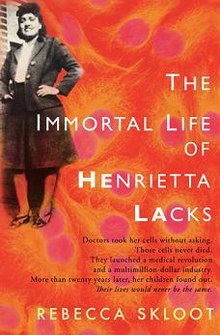NCRC, in collaboration with our academic partners, conducted 60 pre-application mystery shopper tests by telephone with 47 different financial institutions in the Los Angeles, California, metropolitan statistical area (MSA) from July 27 to August 7, 2020, during the last two weeks that federal Paycheck Protection Program (PPP) loans were available to businesses impacted by the coronavirus pandemic. This study was to determine if financial institutions changed their behaviors after being made aware of our previous testing conducted in the Washington, D.C., MSA. The results of that testing were widely reported by the media, including The New York Times, Politico, The Hill and ABC News. The follow-up tests in Los Angeles revealed a combined 21 out of 60 (35%) tests where the White tester was favored over either or both of the Black and Hispanic Testers in violation of the Equal Credit Opportunity Act (ECOA) of 1974. For this round of testing, we conducted 60 multi-layered matched tests which consisted of a Hispanic, Black and White tester each contacting the same financial institution to request information. Thirty of these multi-layered matched tests were conducted by female testers and thirty by male testers. We tested 60 branches from 47 different financial institutions including some national institutions that we had tested in Washington, D.C., during the first round.
Gender Equity in the News Media: Analysis and Recommendations for Newsroom Leaders
This paper analyzes the state of gender equity in the American news media industry today. Sadly, many of the challenges we will describe are not new. In fact, the disservice done to society by the exclusion of women from the reporting of news was raised as early as the 18th century by women suffragists and women’s rights activists in North America as well as Europe. Women first brought a gendered analysis of the mass media to the global stage in the 1970s, when a multipart critique was presented at the 1975World Conference on Women in Mexico City, which opened the UN Decade for Women. Conference speakers stressed the importance of the global mass communications media to “change stereotyped attitudes of men and women” and “eliminate discrimination against women,” and the published report exhorted the mass communication media to “inform the population about new roles for women and their struggle for equity with men” (United Nations, 1975).
The Immortal Life of Henrietta Lacks
Born in 1920 in Clover, Virginia, Henrietta Lacks was a poor tobacco farmer who worked the same land as her slave ancestors. In 1951, she developed a strangely aggressive cancer, and doctors at Johns Hopkins Hospital took a tissue sample without her knowledge. She died without knowing that her cells would become immortal—the first to grow and survive indefinitely in culture. HeLa cells, as they are called, were essential in developing the polio vaccine. They have aided in the development of in-vitro fertilization, cloning, and gene mapping, and have helped us to better understand the workings of cancer and innumerable viruses. Even today, HeLa is the most widely used cell line in labs worldwide, bought and sold by the billions. If you could pile all HeLa cells ever grown onto a scale, they would weigh more than fifty million metric tons—more than a hundred Empire State Buildings.





